False teeth, mobile phones, golf balls, a ten pound note.
Deputy sewage works controller Jason Willmott, 53, has pulled many bizarre things out of the sewer system.
But worst of all is the seemingly innocuous wet wipe.
These are the leading cause of ‘chokes’. These blockages cost £7 million a year to clear and create floods that damage homes and businesses.
These are also the leading cause of the infamous fatbergs.
These nasties grow until our Victorian-era sewers can’t cope and ‘choke’.
The fat, cooking oil and the like, acts as a binding agent on the wet wipes, bits of plastic and other carelessly dumped items, birthing the monsters.
Meet the team tackling the Tayside wet wipe fatbergs
Contract manager Andrew McCrone, 30, says it regularly effects his work.
“It’s been a game changer for us. When we started the contract, we saw it becoming more of a prevalent issue with pump blockages.
“What we looked at is upgrading all the pumps across the network to ones that are much easier to unblock.”
I spoke to the team about the problem while on a visit to the Hatton Waste Water Treatment Works, just outside Arbroath.
This giant sewage works is far bigger than most of its contemporaries, cleaning waste water from Inchture, through Newport-on-Tay and back to Arbroath.
Around 50 Olympic swimming pools worth of water passes through its pipes every day.
Dealing with blocks caused by unwanted plastic is a long standing headache for Jason.
Though there is a small silver lining. I asked him what were the strangest things he’d fished out of waste water.
“You get mobile phones, false teeth, underwear.
“I found a £10 note once, that went on the lottery.”
Nature Calls
Many wipes contain plastic resins like polyester or polypropylene. These don’t biodegrade. That essentially makes them single-use plastics.
The mostly plastic-based rubbish is known as ‘rag’ once its removed from the waste water going
And it smells horrendous.
In fact, it smells exactly like what you’d expect a skip full of poo-stained wet wipes, human hair, rancid cooking oil, plastic waste and a dead pigeon to smell like.
That’s why Scottish Water is leading its Nature Calls campaign to clamp down on their use and, in the case of wipes containing plastic, ban them outright.
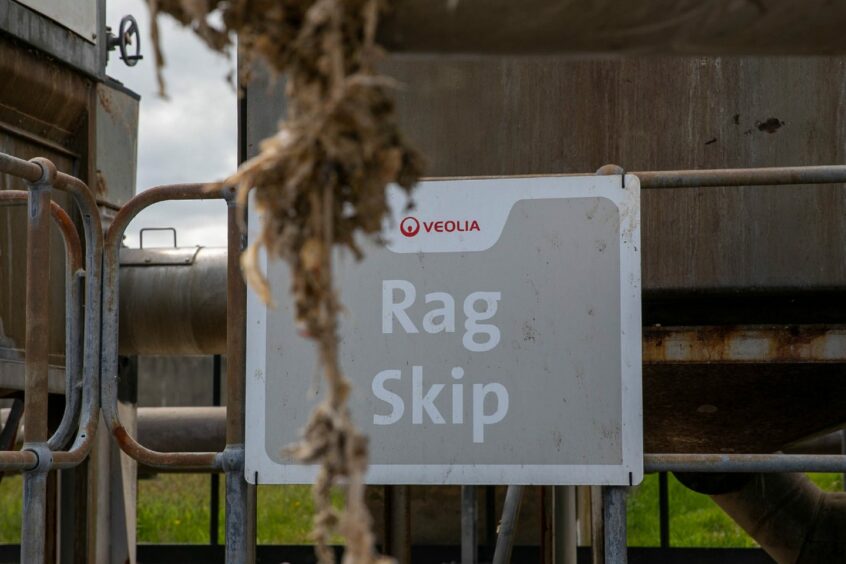
Craig Carr, 49, is a performance manager at Scottish Water.
He says the fatberg problem has a massive effect on his customers.
“Those chokes can cause flooding in properties, cause flooding in streets and it can also cause spills into the environment.
“That could be on the beach or in a local burn.
“So there’s an impact on the environment as well as the cost of clearing out all of the chokes.
“That’s £7 million a year across Scotland.”
And while the campaign is doing its best to use education as a solution, I have another suggestion.
Send sneaky wet wipe flushers down to Hatton for a good sniff down by the ‘rag’ skip.
They’re unlikely to flush anything untoward down the pan ever again after that experience.
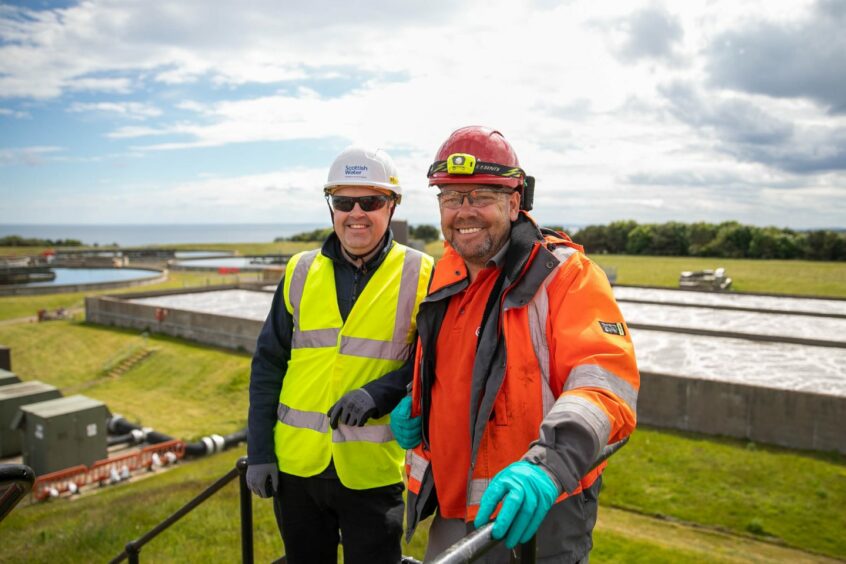




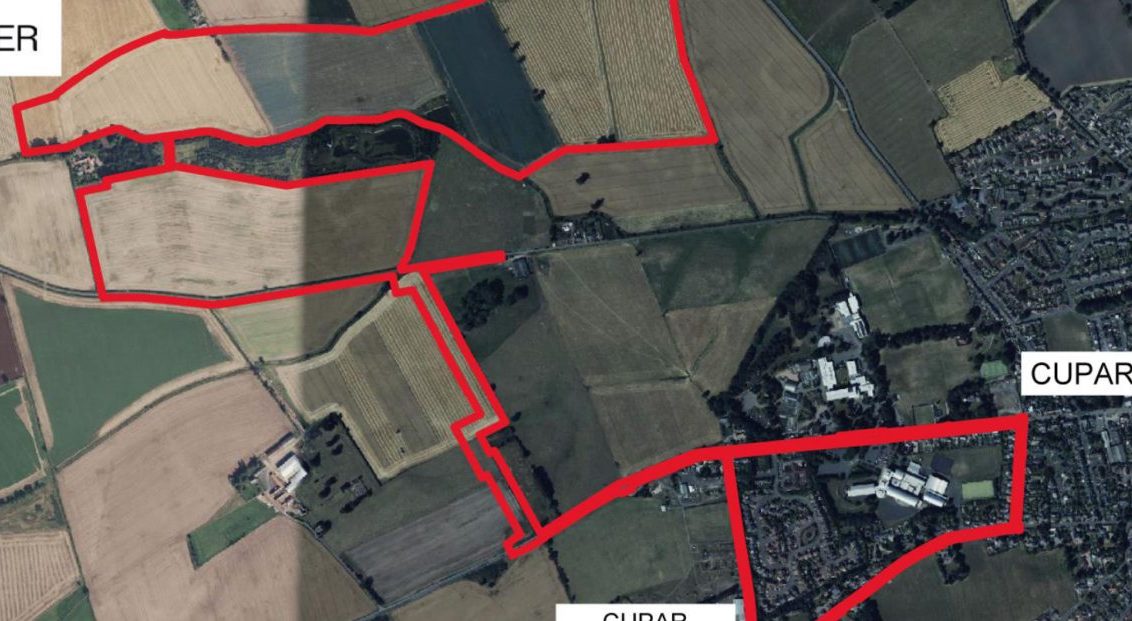
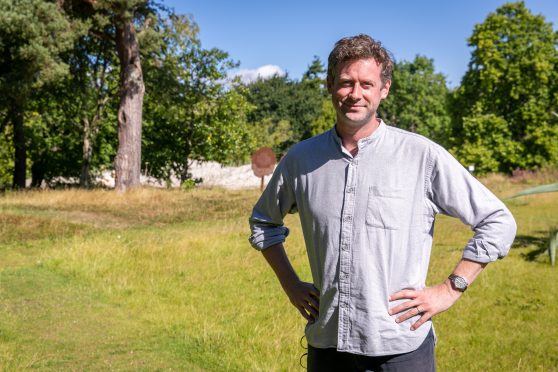

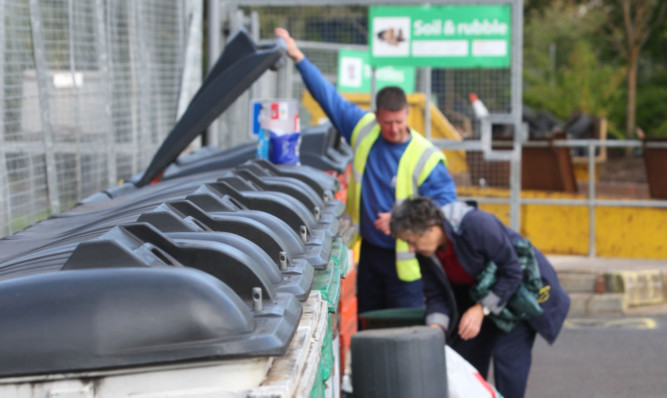

Conversation